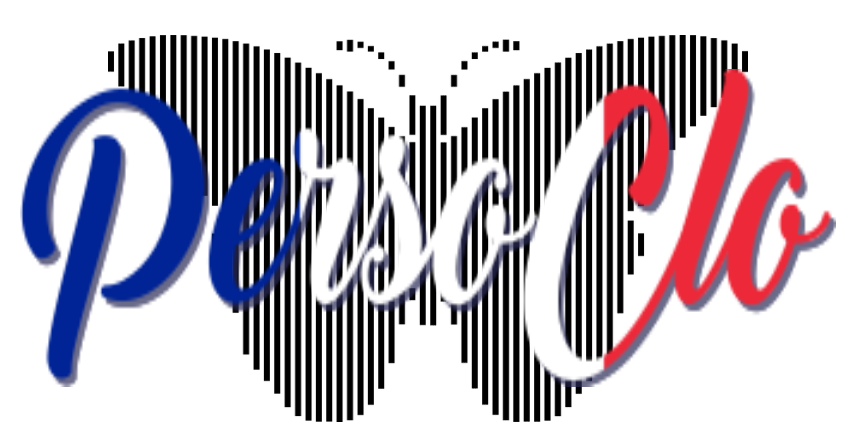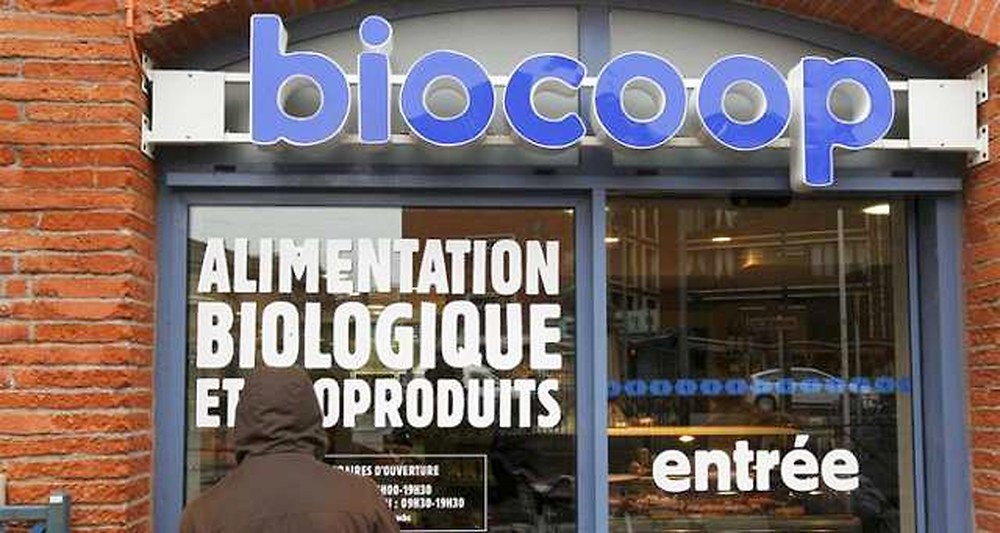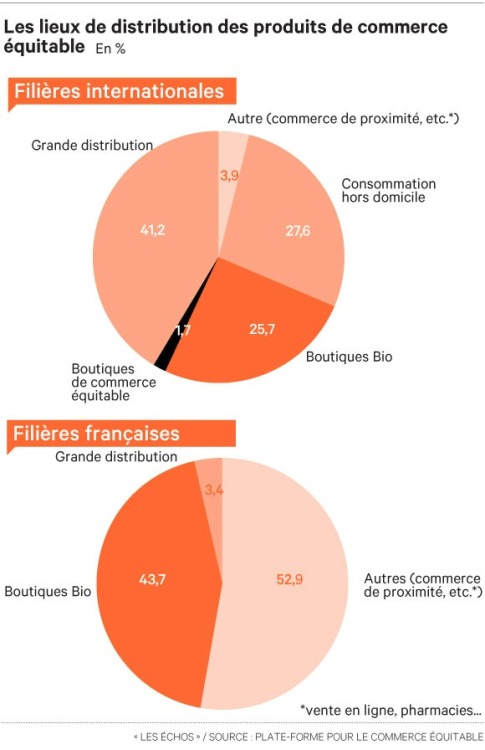Nous sommes fiers de vous faire part de notre nouveau partenariat. Actuz

Clarange est une entreprise crée par Mme Géraldine Monchalin. 15 années d’expérience dans la mode (avec les plus grandes maisons), l'ont amenée à concevoir des disques démaquillants, qu'elle a voulu mettre sa touche à elle, celle qui a animé toute sa vie : des matières nobles qui respectent la peau, une conception artisanale qui respecte l'humain et une production qui respecte la Terre.



